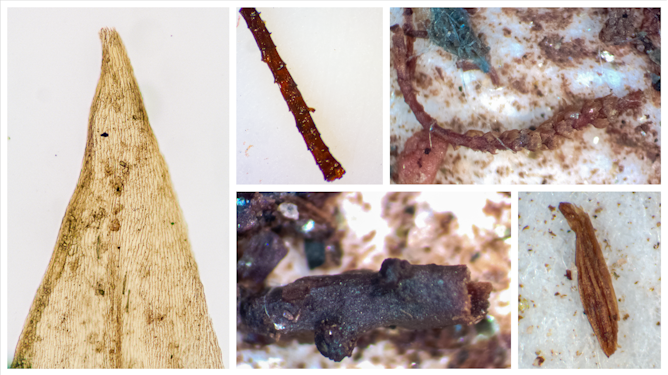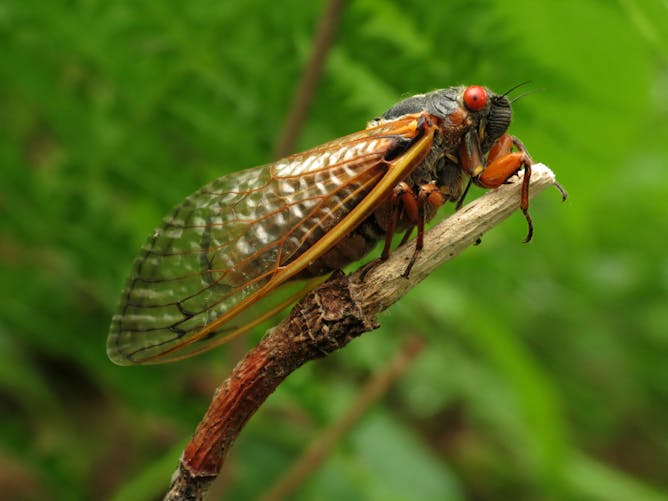|
Welcome to this week’s science and research newsletter, which touches on everything from a secret military base in Greenland to the sperm of old rats.
The public health demands of the pandemic have pushed people to think about the health of others, not only themselves. But do people really think about others’ well-being so readily? Two researchers probe this question and fundamental notions of fairness using neuroimaging and behavioral economics on children and adults. They explain why, when it comes to making daily decisions, it’s human nature to think “Me first, then you.”
At a covert U.S. military base in northern Greenland in the 1960s, a team of researchers drilled nearly a mile into the ice sheet. At the bottom, they pulled up 12 feet of soil. Decades later, scientists used modern techniques to examine the contents of that soil, yielding insights into Greenland’s surface a million years ago and how the Earth responds to climate change. Geologists who published a paper on their work this week tell the story of the discovery of these fossil plants.
And get ready for the cicadas. In the coming weeks, billions of cicadas that appear every 13 or 17 years in the eastern U.S. will emerge from underground to mate, lay eggs and then die. Two University of Connecticut entomologists say the huge numbers of emerging insects aid their survival and that these particular cicadas, known as Brood X, are one of a dozen known broods in the U.S.
Check out the rest of this week’s science stories below, and reply to this email with topics you’d like our science team to investigate.
|

Even young children are very aware of whether they’re getting their fair share.
Jupiterimages/PHOTOS.com via Getty Images Plus
Keith Yoder, University of Chicago; Jean Decety, University of Chicago
Cognitive neuroscientists use brain imaging and behavioral economic games to investigate people's sense of fairness. They find it's common to take care of yourself before looking out for others.
|

Remnants of ancient Greenland tundra were preserved in soil beneath the ice sheet.
Andrew Christ and Dorothy Peteet
Andrew Christ, University of Vermont; Paul Bierman, University of Vermont
This ancient ecosystem showed that the ice sheet had melted to the ground
in northern Greenland within the past million years.
|

Periodical cicada in Washington, D.C., May 2017.
Katha Schulz/Flickr
John Cooley, University of Connecticut; Chris Simon, University of Connecticut
One of the largest groups of 17-year cicadas, Brood X, last emerged from underground in 2004. The next generation will arrive starting in April.
|